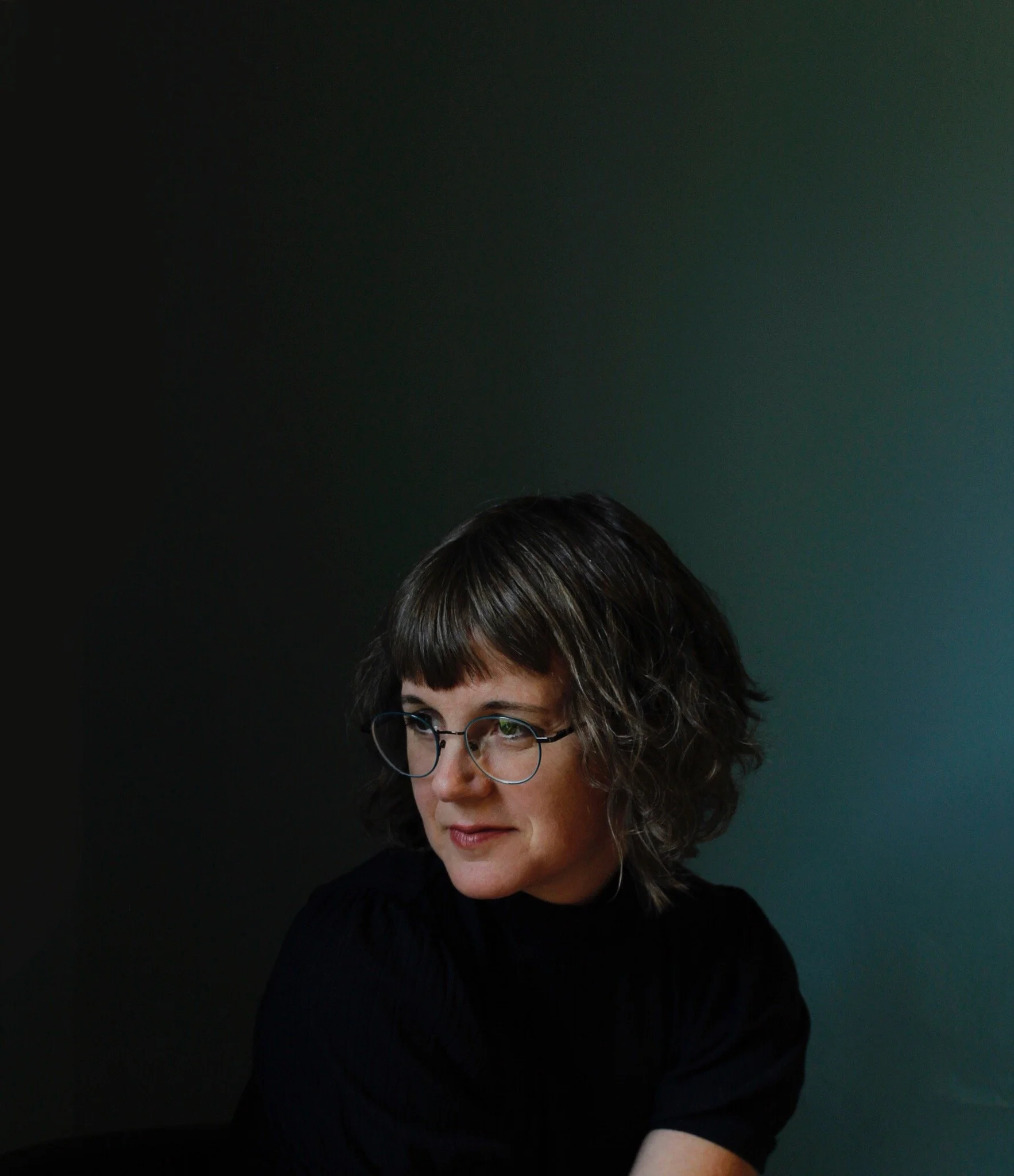Cleaning Other People’s Houses
by Kelly R. Samuels
I recall two—one by the river, one on the city’s south side. The first had cats that would perch on the back of the couch and look with scorn at both my mother and me. They’d hightail it when the vacuum cleaner was dragged from the hall closet. We’d see them, later, lounging in what patches of sun there were in other rooms.
My mother did the cleaning, though, sometimes, I was given a mirror to tend. Once: a low stool to stand on and wash by hand the dishes that hadn’t fit in the dishwasher. Mostly, I sat quietly with books or drawing paper and the small box of coloring pencils with its limited hues. I don’t know how often I went with her. I was little, but able to read, so only on days of no school, or when I was feverish and unable to go. So much of that is lost.
Rooms—I remember rooms. How the house by the river was cluttered, filled with decorative art, magazines, ashtrays, piles of wet towels. But it had high ceilings, or what felt like high ceilings, and large windows facing west, where the river moved south in its muddy way. There were stairs leading to a second floor and a banister I hung over only once, briefly.
Stairs. Stairs were a novelty. Mobile homes didn’t have stairs, or banisters.
We would arrive, there, entering through the front door, directly into the living room, where the cats turned their heads and stared at us with their amber eyes.
We gained access to the house on the south side via the garage—straight into the narrow, dark kitchen, with its one small window above the sink.
That house never seemed as if it needed cleaning. An hour, maybe. Maybe a few chapters of A Wrinkle in Time, though I couldn’t, possibly, have been reading that already. One good drawing with subtle shading? One worthy of our refrigerator with its few magnets made from clay. That house felt like that of an old person with its lace antimacassars, its floral chairs with arms of scrolled wood.
I think the woman was there, once. On her way somewhere, found in the act of leaving the envelope with payment on the kitchen counter—my mother’s first name scrawled on the front. She seemed old. But most everyone seemed old to me.
There were no stairs, there.
Back at the house by the river, my mother would grumble. She would talk of other people and how messy they were. She would carefully move the covered terracotta jar on the side table in the dining room, sweeping her chamois cloth across the surface, and wonder aloud what could possibly be so taxing about hanging your bath towel back on the rack. Why other people didn’t see the sense in rinsing dishes, even a little, even with cold water. Nasty habit: smoking. Nasty cats, scattering their litter.
The light—the light would stream in, catching on the motes she disrupted.
Especially when she stood on a ladder and gently rattled the chandelier, which was not always, not every time. Not like the bathrooms, on her hands and knees, capturing the loose, long hair in her hands before scrubbing the floors after scrubbing the tub and the toilet and the sink. The sharp, antiseptic pine. Those cheery foaming bubbles.
There was an order to it all. A hustle. First, the bedding and then the bathrooms. The white noise of the washing machine in the small room off the garage, the dryer with its revolutions. Then, the kitchen. And then the living room, vacuuming last for the beauty of the risen nap, the straight lines.
I was not to run. Ever. Nor open any drawers. Or talk to anyone of these houses, as if I didn’t know that.
Draw a picture of your house. Tell us what your father, what your mother does for a living.
She’d shake the small area rugs out the patio door even in rain. Though it may never have rained on any day that I was there. Maybe I imagined that.
Not the cats, though. Not the two of them, tawny, churlish.
Sometimes, she’d finish, and we’d sit, waiting for the last load in the dryer, looking about us, her stroking my forearm with her dry hands, and she’d say, Imagine.
The old woman on the south side died, I think. Or my mother saw little point in the brisk task that paid so little. Soon, we were down to the one by the river with its owners I never saw, and then none. And then other tasks: the shrill ring of the phone at dawn and my mother, frantic, leaving me at the end of the driveway to drive to some other school to stand in front of kids whose parents did other jobs.
I could try and find those houses, now, but I think I would fail. It’s not their exteriors that I remember. Just their rooms, before, and then after—the stillness and shine.
BIO: Kelly R. Samuels is the author of two poetry collections and four chapbooks—the most recent Oblivescence (Red Sweater Press, 2024) and Talking to Alice (Whittle Micro-Press, 2023.) She is a Pushcart Prize and Best of the Net nominee with work appearing in Denver Quarterly, december, McSweeney's Internet Tendency, River Styx, and Faultline. She lives in the Upper Midwest. Instagram: @kellyrsamuels

